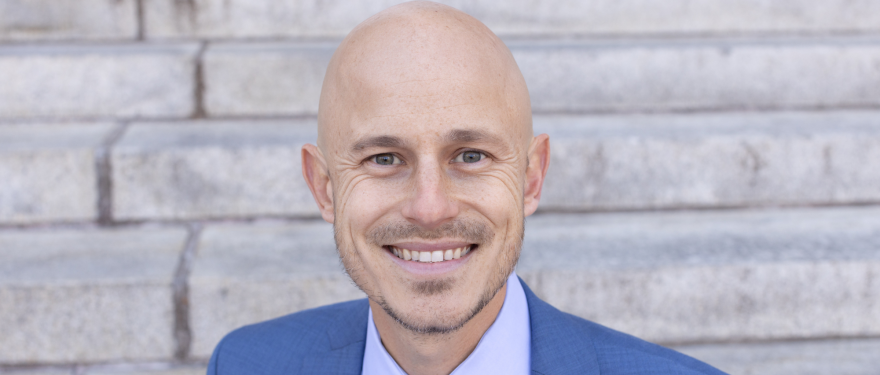DJ DiDonna is a Senior Lecturer in the Entrepreneurial Management Unit at Harvard Business School where he teaches the required first year course: The Entrepreneurial Manager. He has dedicated his career to commercializing social science research to create organizations which positively impact the world.
My first semester teaching Entrepreneurship to first year MBAs at Harvard Business School has come to a close. “Just” 15 years ago, I sat in the exact same room as a member of the MBA class of 2010, and so this experience has been extra special, difficult, and inspiring. For those considering HBS and recently admitted students, I thought I’d share a few of my observations:
1. Vulnerability - The students who had the courage to reach out to let me know when they were struggling helped me in adapting the class, resulting in benefits that extended beyond their individual needs.
In their feedback, I noticed that students appreciated when I was honest about my struggles, failures, and the ups and downs of life. When entrepreneurs visited as guest speakers or case protagonists, the students could immediately tell whether the person was being open, vulnerable, and authentic. (To be fair to the visitors - it's intimidating to visit HBS; it definitely took me a month in the classroom to settle into my more authentic self.)
2. Taking risks - In our entrepreneurship teaching group, we talk about how the case method requires taking risks - just like entrepreneurship. As much as we teachers try to prepare our lesson and board plans, there’s nothing you can do to truly simulate the unexpected/chaotic/living conversation in advance.
I’m truly grateful for my section’s willingness to support my growth as a teacher over the course of the semester. As my mentor, legendary HBS Strategy professor Jan Rivkin, told me before I started teaching: “If the students know that you care about them, they will actively work to help you succeed.”
3. Optimism for the future - I have a lot of hope for this group of students. Compared to my graduating year, the percentage of students interested in nontraditional careers and things like entrepreneurship has flipped to become the majority. The cases they read are infinitely more diverse, in terms of companies represented and background of protagonists.
Companies like Khan Academy, Zipline, Collab Capital, and Biobot Analytics show that you can use entrepreneurship to achieve financial success while also making the world a better place. We also study cases around failure, like Quincy Apparel and Ofo, and wrestle with mission and values of companies like Careem and Barry's.
4. (BONUS) Not taking yourself too seriously - HBS has many traditions which remind us not to take ourselves too seriously. The students lightly roast their professors at the end of the semester, usually coinciding with a special gift, such as a signed portrait of the section. It’s surreal and entertaining to be back in your old seat, watching students you spent a semester with remind you of all the little quirks and wrinkles of your teaching style.
And I’m excited to do it again this year!

